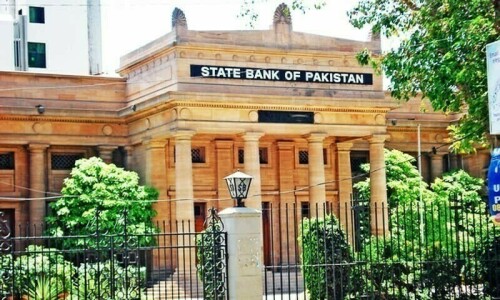According to the State Bank of Pakistan (SBP)’s annual report on the state of the economy, which was released on Thursday, structural impediments are obstacles to maintaining macroeconomic stability.
According to a statement released by the SBP, “Falling investment… unfavorable business environment, lack of research and development, low productivity, and climate change risks continue to constrain the economy’s growth potential.”
“Longstanding inefficiencies in the energy sector have resulted in the accumulation of the circular debt,” the central bank added.
“While the public authority has begun to address energy area challenges through significant cost changes, there is a need to expand the extent of these endeavors by presenting sectoral strategy and administrative changes,” it said.
In addition, the SBP stated that the reforms were required to address the ineffective nature of state-owned enterprises (SOEs), which continued to impose financial burdens on resources already constrained by a low tax-to-GDP ratio.
The report noted improved macroeconomic conditions as a result of the International Monetary Fund’s (IMF) Extended Fund Facility (EFF), which the Fund’s Board approved in September. This is a positive development.
The IMF program “is anticipated to further strengthen the country’s external account position, improve sovereign credit rating, and enhance investor confidence,” according to the SBP.
It said, “At the same time, the country is expected to benefit from a conducive global economic environment,” pointing out that inflation was falling in advanced economies and that global growth was expected to stay the same.
According to the report, “recent outturns” indicated that average inflation would fall below the previously anticipated range of 11.5 to 13.5 percent for FY25.
Finance serve repeats govt’s purpose for changes



